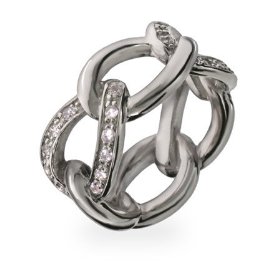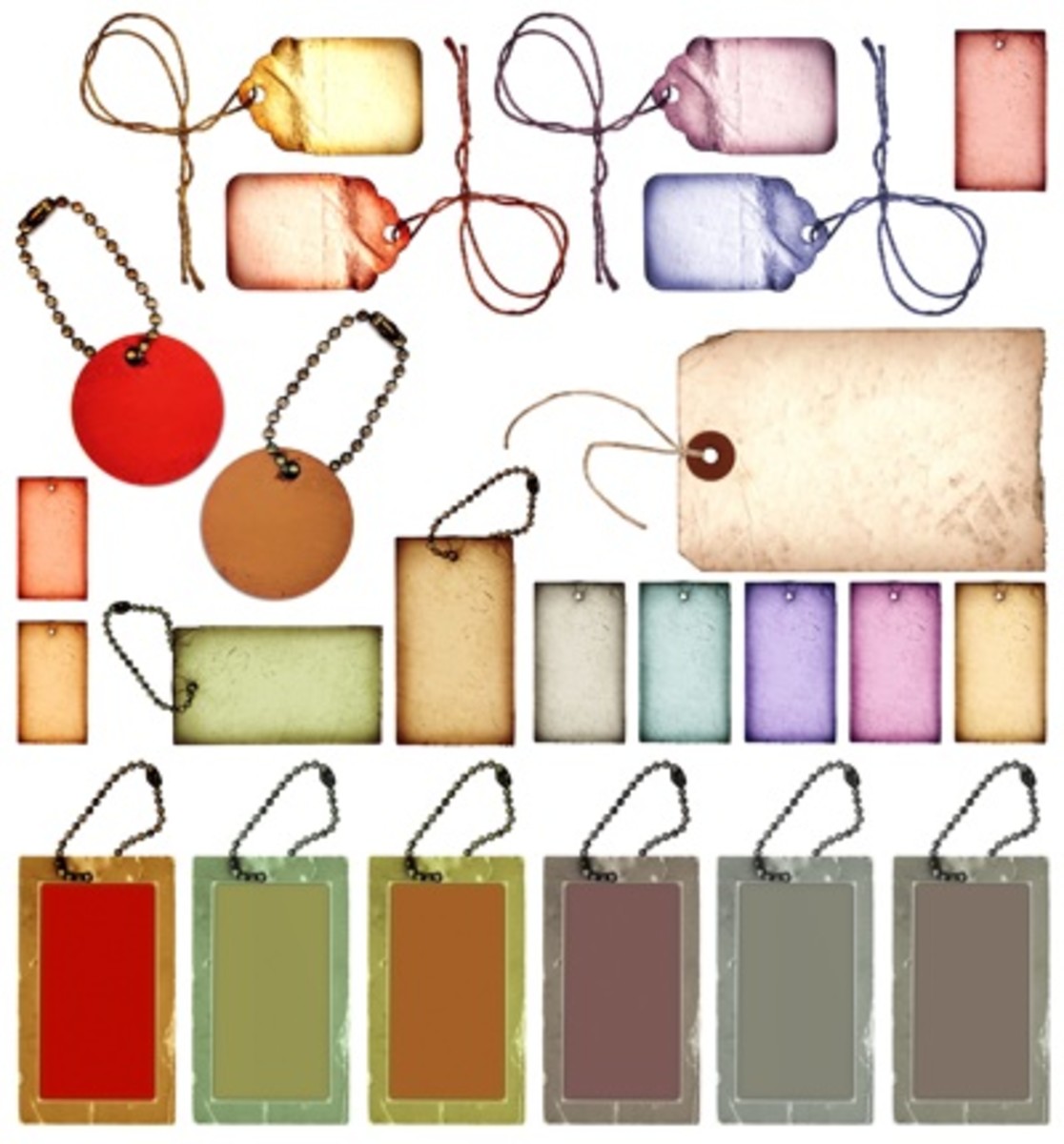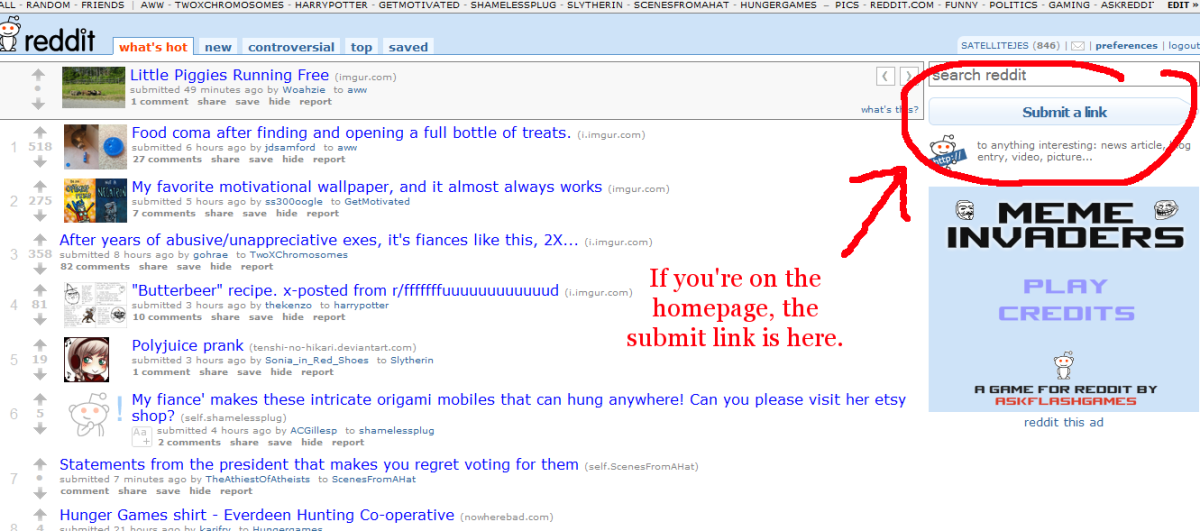Using Keywords in your HUB for Search Engine Ranking

Identifying Keywords for your HUB
Keyword usage and placement is just as important to writing a good HUB as your topic and content. Once you choose a topic to write about, you need to decide on two or three keywords that people would most likely use when searching for the information you plan on putting in your HUB. For example, if you are reading this HUB you probably searched for something similar to "Getting my HUB in Search Engines", "Search Engine SEO for HUBs", or "Using Keywords in HUBS." The keywords for this article are "HUB," "keywords," "search engine" and "SEO (search engine optimization)." As you read this article, look for those keywords as your prime example of how to write for search engines.
Keywords in the Title of your HUB
The HUB title is the first thing you are prompted to create when starting a new HUB. In case you hadn't noticed, that title also becomes the URL of the HUB. Search Engines look at the words in your title and your URL for keywords. So, make sure you put them in. You must fashion a title that not only makes sense to your reader and will prompt them click on the article, but that also highlights your keywords for the search engine.
For example, a few days ago I was researching a type of drum called a Hang Drum. They are hand crafted in Switzerland, rare and very hard to purchase. I typed into the Google search box "How to buy a hang drum". The most helpful and informative article I found on the topic was in fact a HUB page. It was on page two of the Google search, an excellent ranking! The title of the HUB is "Buy Hang Drums Online - PANart Hang Drums for Sale". The keywords I searched for "buy" and "hang drum" appeared in the title three times! That same title was also the URL.
Although HUBpages allows you to manually alter the URL of a HUB, don't. Do not simplify the URL. That might simplify your life when trying to link to it elsewhere, ultimately it will hurt your search engine ranking. I also do not recommend manually loading the URL with extra keywords. Myself and others have had lots of success by creating a good title and allowing that title to stand unaltered as the URL.
Search Engine Ranking of Subtitles
Search Engines also consider the text found in Subtitles and Bold text when looking for keywords in your HUB. Make good use of multiple text capsules on your HUBpage. Each capsule gives you the chance to create a subtitle containing keywords. Multiple text capsules also make it easier for your readers to skim through your article and to refer back and find a specific piece of information. As if you aren't sold on the idea already, using more than one text capsule also allows you to make better use of various layout and multi-media options that HUB pages offer to make your HUB more visually appealing, reader friendly and search engine hospitable.
Bolding your keywords can also help to draw the attention of search engines, but you want to use that technique sparingly. Bolding a word every other sentence will send up a red flag to the search engine of a cheater and get you demoted. It will also drive your readers crazy and make them look elsewhere for their information.
Search Engine Cheating
Speaking of Search Engine Cheating, it will get you blacklisted. There is fine line between exploiting certain techniques to rank highly in the search engine and going overboard. An example of overboard would be to create a text capsule that contains nothing but a nonsense list of keywords. Your best rule of thumb is create a HUB that anyone would enjoy to read. Something that is visually and intellectually simulating. A HUB that is informative and useful. Those should always be your number one priorities. If you use keyword techniques while striving for a good read, then you will do just fine. Keyword techniques that are used to achieve good search engine ranking but are apparent and even irritating to the untrained internet user will never achieve good search engine ranking and will send your readers running.

Keywords within the Body of the HUB
Keyword placement within the text of your HUB is also an important tool to good search engine optimization (SEO). This is probably the hardest skill to master. If you are a trained formally in writing or journalism, this will be even harder for you. Weaving keywords into the text of your HUB while maintaining a natural flow your writing is very challenging and often counter to formal writing techniques which emphasize a wider variety of vocabulary and sentence structure. Do not be overly repetitive. One easy place you can try to incert keywords is in the first sentence of each capsule. If possible, the main keyword should be the first word of that first sentence. Look back through this HUB and look again for my three main keywords "keyword," "HUB," and "search engine." Take note of how I formated the first sentence of each capsule to accommodate these words while still sounding natural to the reader.
Multimedia Keywords Aid Search Engine Ranking
Multimedia HUBs add visual and intellectual interest for readers and offer another, often descrete way to work keywords into your search engine ranking plan. HUBpages allow you to add Subtitles and captions to photos and videos. Make good use of these as additional places to stuff keywords that make you, readers and search engines happy.

Making Links More Valuable with Keywords
Consider the links you place within your HUB to outside sources because search engines certainly will. Rather than pasting a raw URL into your text, type a title that includes a keyword or two. Then highlight the word or phrase and use the link button to make it into a link for your readers. This technique is more visually appealing to your reader and tells the search engine that this phrase is more important than other phrases.
Tags are Keywords
Last but not least, do not forget to scroll back up your HUB and add tags on the right hand side of your screen. Tags are keywords. This is the only place where you can and should expand beyond your original two or three keywords. Tags can and should be numerous and encompass any word or phrase that is appropriate to your HUB topic. Pick and choose from the recommended tags only those that are actually about your topic. Keep in mind that they are computer generated "suggestions" and are not perfect. Tags that have nothing to do with the topic of your HUB are usless to readers and search engines. Also, do not be afraid to add your own tags.








